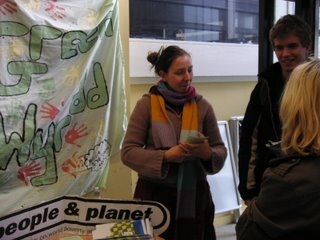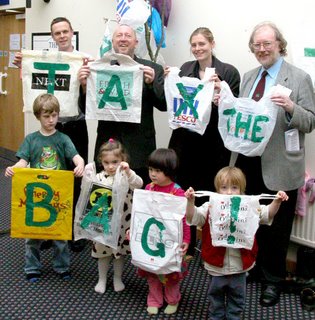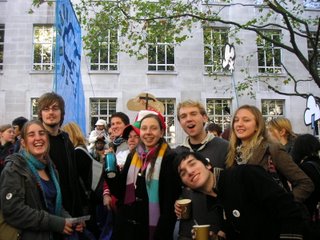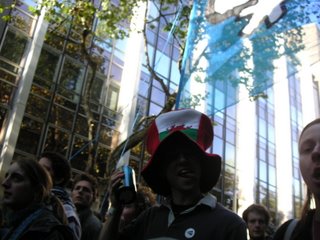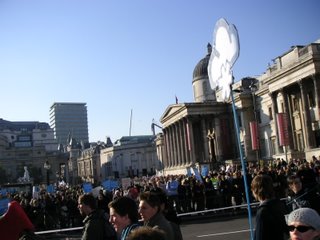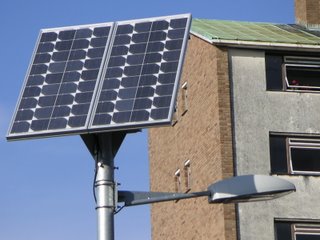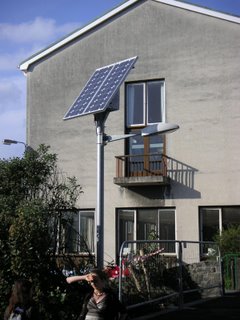How to have a Green Christmas!!

 Despite having green trees and red and green themes, the Christmas period hasn't always been and frequently isn't good for the environment. Here are a few tips to enjoy yourself over the coming month without putting too much strain on the planet - and perhaps feel good about it too!!
Despite having green trees and red and green themes, the Christmas period hasn't always been and frequently isn't good for the environment. Here are a few tips to enjoy yourself over the coming month without putting too much strain on the planet - and perhaps feel good about it too!!Packaging - No need to go the whole hog with multiple layers of glossy crinkly paper - in the UK, 50,000 trees go into Christmas wrapping each year (enough to gift-wrap Guernsey). So how about using newspaper (with an environmentally friendly story for the person recieving it to read) as wrapping paper, a little ribbon and card, or a bag that can be re-used?
Trees - go natural and British rather than imported plastic trees - and hopefully your council will compost the tree at the end of the festive season!
Energy - Christmas may be in the winter season, but you don't have to turn your house into a tropical paradise by cranking up the heat. A jumper will feel nice and snug. Turn down the lighting too (fewer fairy lights?) for to create that relaxed mood and make sure you turn off the tree lights at night!! Take the opportunity to switch to green electricity with Ecotricity!
Food - Go local for your Christmas dinner and cut down on food miles - the average Xmas dinner made with imported ingredients travels 24,000 miles from farm to plate, while a UK-sourced dinner can be as low as 376 miles!! Local turkeys, free-range eggs, British apples, local ales and beer - take the challenge! Waste not too - why not start composting if you aren't already!
Give Green Gifts - what better way to show how much you care by giving someone an eco-friendly gift - and inspires others too! From organic and ethically-made clothing (e.g. Natural Collection) to food (pop into your local Oxfam shop for luxury Divine Fairtrade chocolate), eco-friendly books(check out Friends of the Earth's mega-collection or take out a subscription to The Ecologist) or better yet - recycled gifts from antique shops and flea markets! Check out the online shops at the Centre for Alternative Technology and WWF for a range of just about anything and more ideas are from Green Gifts!
The new trend are virtual gifts - a goat in Ethiopia, latrines in Indonesia, for instance - run by several charity groups (see Oxfam, WWF, Christian Aid and CAFOD for starters). You buy the goat here in the UK, and it gets delivered to the project that the charity is working on. You're giving twice - to your friend/family member, and to people on the other side of the world!
Ultimately, in whatever you do - recycle the post-Christmas mess (esp glass, paper and cans), re-use what you already have, and reduce so things don't even have to enter the waste stream!!
If everyone in the world lived the way British citizens did, we'd need three planets to sustain us all (which we don't have, by the way). Take the opportunity that Christmas presents to spend more time with family and friends, and less time with gifts and money.
Celebrate a green Christmas - and celebrate making the world a better place.


